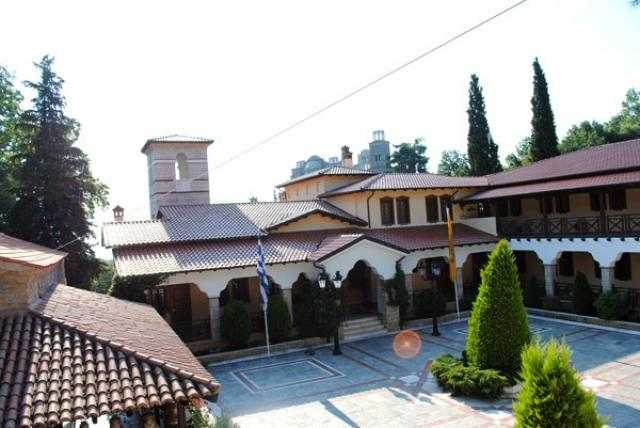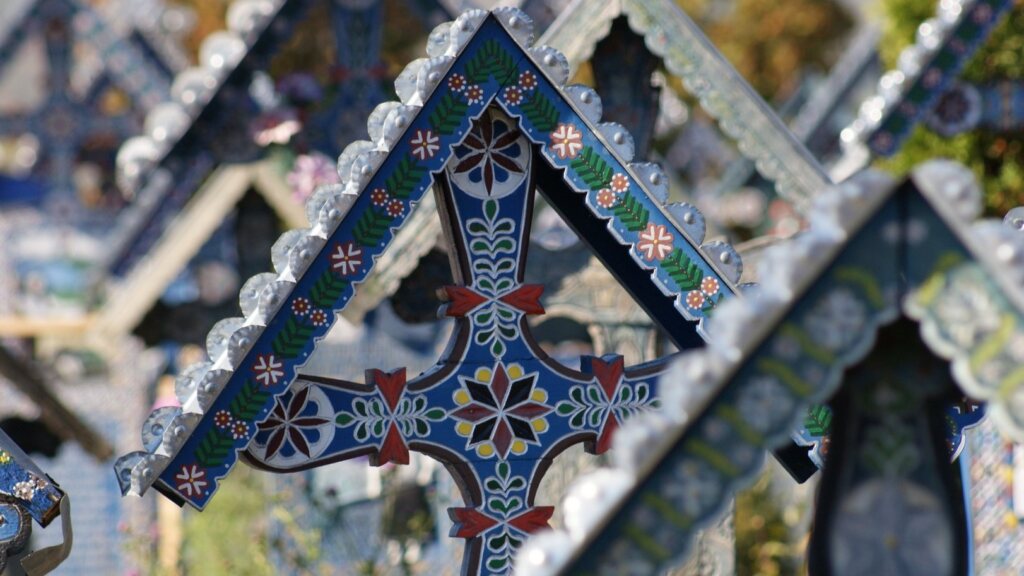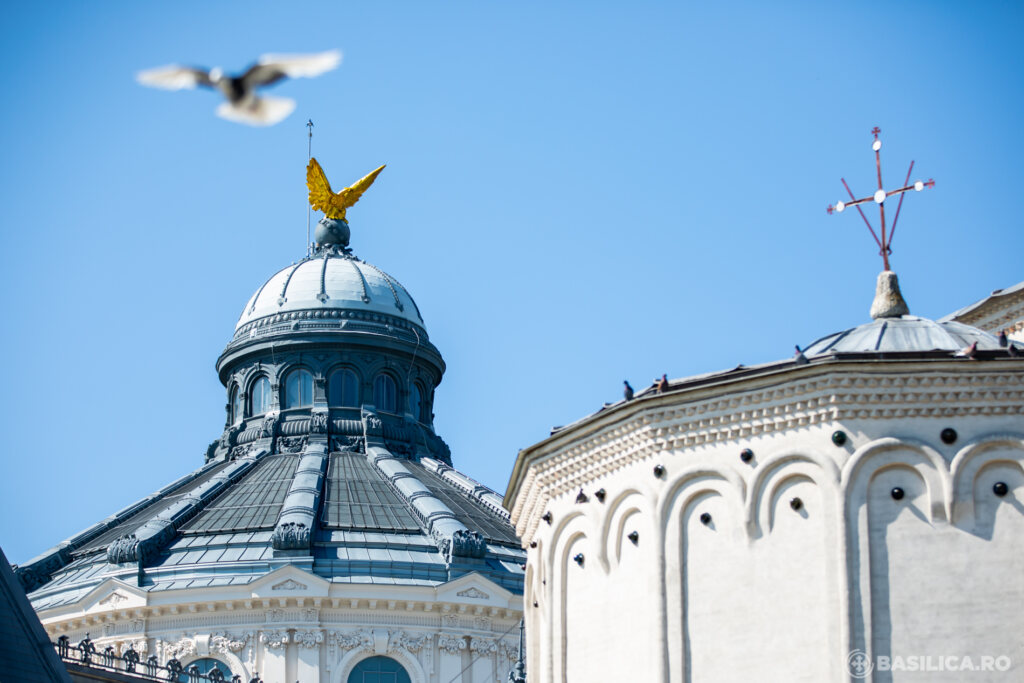Message addressed by His Beatitude Daniel, Patriarch of the Romanian Orthodox Church, to the participants in the Congress with the theme Authority and Ministry according to Saint Paul the Apostle, Veria, Greece, 26-29 June 2013:
The Annual International Scientific Congress, which takes place within the events dedicated to Saint Paul, held in Veria with the blessing and direct support of His Eminence Panteleimon, Metropolitan of Veria, Naousa and Kampania, is a pan-Orthodox event awaited with great interest and joy. On this occasion, we address to His Eminence Metropolitan Panteleimon cordial thanks for his kindness to invite a representative of the Romanian Patriarchate to participate in this event. We also congratulate the organising Committee of the Congress for choosing the theme Authority and Ministry according to Saint Paul the Apostle, a theme with deep theological and pastoral significance in the context of the contemporary world.
One of the most sensitive issues of human society in its various forms of organisation was and remained the problem of authority and its exercise. Thus, in many of these societies or human communities, authority was and is used discretionary, leading to abuses and conflicts between their members.
Unlike the authority exercised according to purely human principles, in the Church of Christ, as a divine-human community, the source, the content and the finality of the authority is the sanctification of human beings through their union with God, the Holy One. In this sense, in the theology of Saint Paul, those to whom the authority is entrusted in the Church receive through the Holy Spirit the mission to teach and guide the faithful on the path of salvation and sanctification, towards attaining eternal life. Hence, the great responsibility of those who exercise authority in the Church. This explains the urge that Saint Paul addressed to the clergy of Ephesus, called to Miletus: “Keep watch over yourselves and over all the flock, of which the Holy Spirit has made you overseers, to shepherd the Church of God that He obtained with the blood of His own Son” (Acts 20:28). And to Christians in Corinth he says “And so, let everyone think of us as Christ’s servants and stewards of God’s mysteries” (1 Corinthians 4:1).
However, in order that this ecclesial authority be exercised in a truly Christian spirit, it is asked from the person who was invested with authority to grow in the virtue of loving God and the neighbour. In the thinking and living of the Apostle of the Gentiles, the ministers of the Church and all Christians must cultivate love or “faith working through love” (Galatians 5:6) or be permanently “rooted in love” (Ephesians 3:17). Only love as a gift of the Holy Spirit can give full freedom of a human person (cf. Galatians 5:13), because “The Lord is the Spirit and where the Spirit of the Lord is, there is freedom” (2 Corinthians 3:17).
Consequently, any abuse of power is harmful to freedom and love as a state of full communion between people. If it lacks the spirit of love, the act whereby the leading authority is manifested remains a simple administrative act, without the spiritual content necessary for the life in communion with God and with people.
We pray God to bless all the organisers of this international scientific Congress and all those present in its works, in order to rejoice this year too for the honour that we bring to Saint Paul the Apostle, who helps us through his life, writings and prayers in understanding and fulfilling our purpose as witnesses of the love of Christ on earth so that we may attain the Kingdom of Heaven.
With love in Christ and blessings,
†DANIEL
Patriarch of the Romanian Orthodox Church






